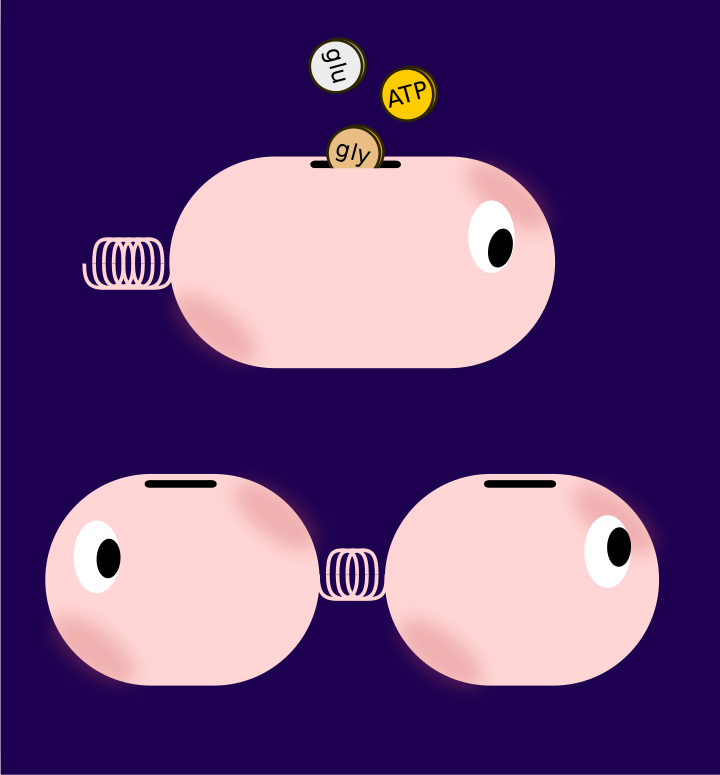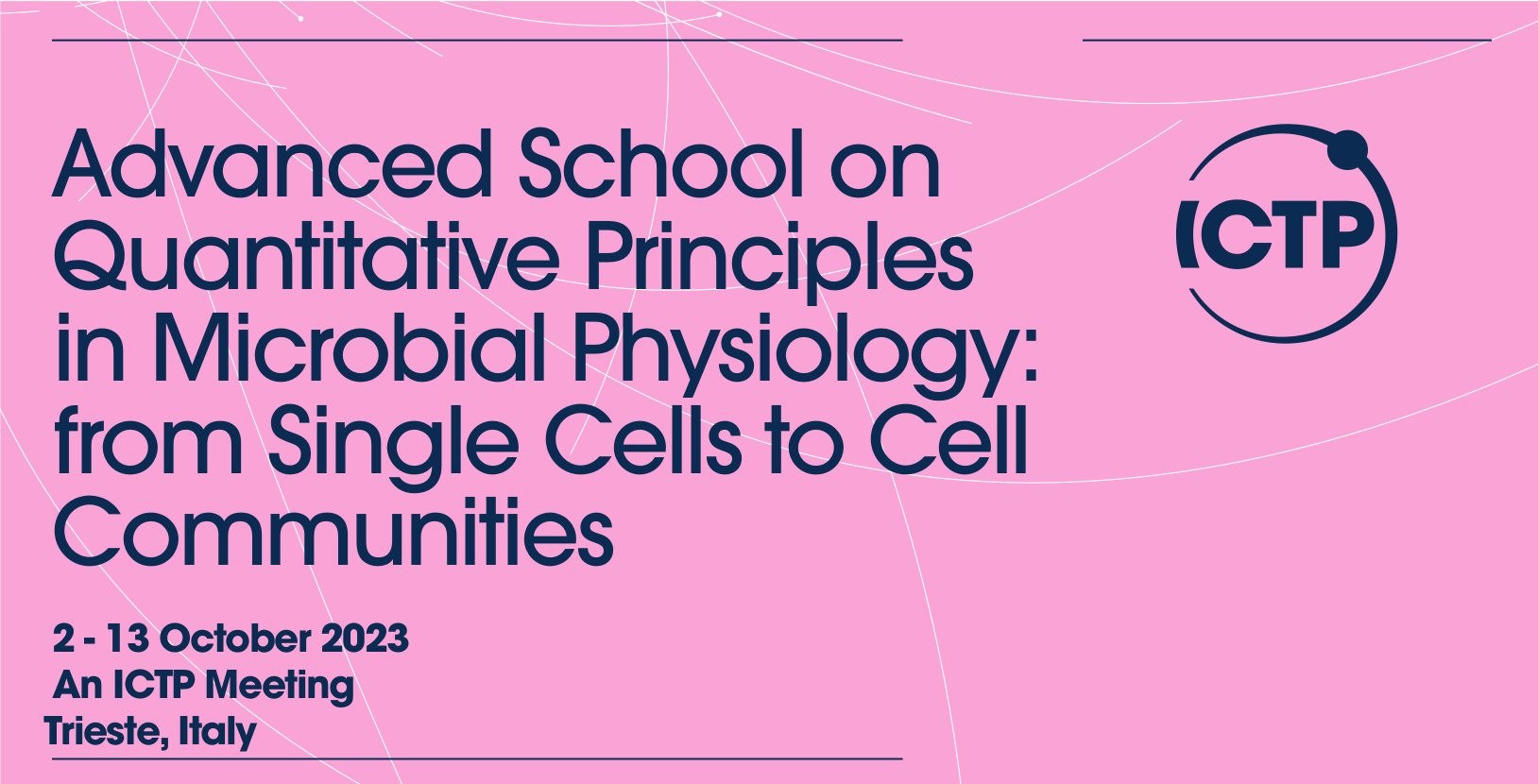Economic Principles in Cell Physiology

Welcome | Forum | Young scholars | Textbook | Teaching materials | Summer school | Workshops | Contact
Past workshops

Our workshop Advanced School on Quantitative Principles in Microbial Physiology: from Single Cells to Cell Communities took place at the International Center for Theoretical Physics (ICTP) in Trieste, Italy.
Presentation slides and videos are available on the course website.